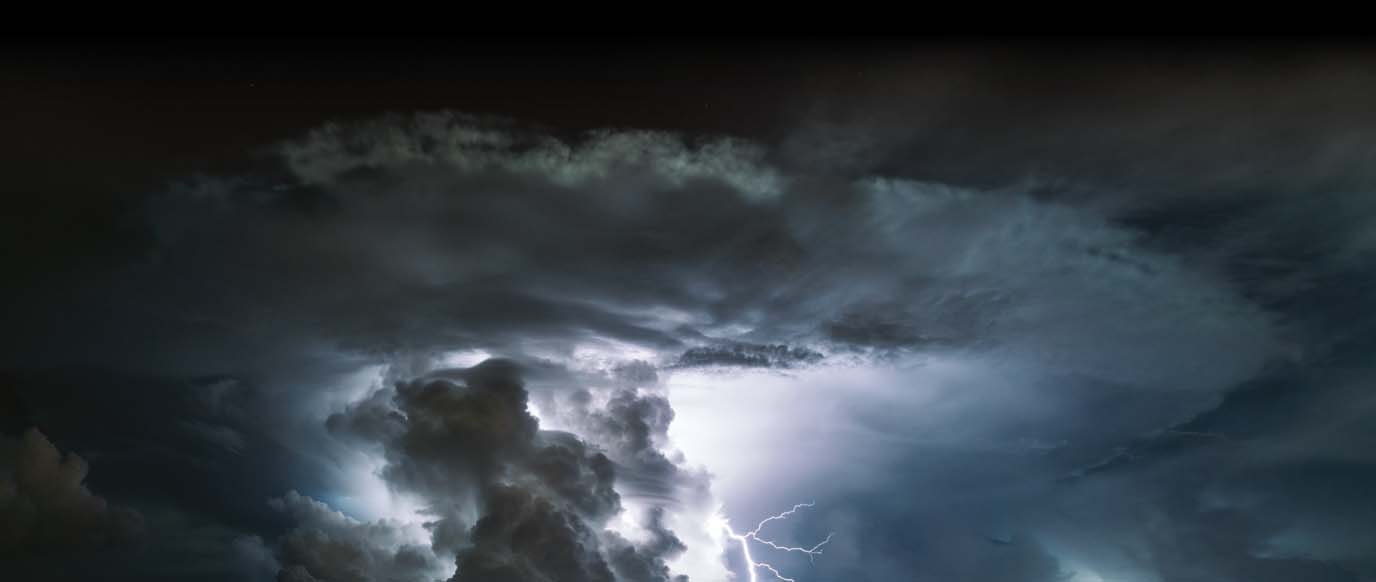
There is an old joke about quitting smoking: ‘It’s easy,’ it goes. ‘I should know: I’ve done it hundreds of times.’ I feel the same way about predicting the future.
For years I thought forecasting was a waste of time. Either my business would make money each month, or it wouldn’t. A forecast couldn’t change the number of people who came through the doors or influence how deep they drilled down into the wine list or if a rough storm might convince customers to cancel their reservations. No matter how hard I worked, I felt that there were too many unknown variables to make the effort of trying to predict how much (or little) money the business would make (or lose) each month worthwhile.
An optimistic prediction might instil a misplaced confidence and a resultant disappointment when the actual figures came in and a conservative one could make for a grim experience when it came to fruition further down the line. Better to make good food and hope it was enough to convince people to part with their cash to an extent that allowed me to cover my costs and perhaps even have a little left over for me.
Doing things properly
That changed when I shuttered my first business a few years ago. Six months out from closing the doors for good when the lease came to an end, I became obsessive about getting my head around the figures to ensure that the shutdown could be handled in the correct fashion.
I knew that everyone – suppliers, staff, the landlord, tax collector – would have to be paid in full right up until the day the restaurant closed for good. It was only by forecasting, and reforecasting from month to month (and week to week, towards the end) that I could be certain in the knowledge that I would be able to do things properly. It also helped knowing that there would be a small pot of cash left over for me to allow me to take some time off and pursue other projects.
Maintaining a level of calm
This was a valuable lesson, and one that stood me in good stead when the pandemic hit. Much like governments and military strategists now do, I war-gamed every potential scenario I could think of and did so every few weeks or whenever another variable meant there would have to be a significant shift in strategy. I wasn’t able to avoid the disruption that lockdowns had on my business, but I was able to mitigate those impacts and plot various routes out of the labyrinthine situation in which we often found ourselves. It also significantly helped me to maintain a level of sanity and calm in an otherwise chaotic world.
Looking ahead, it seems there are further unexpected disruptions that look to send everything from ripples to tidal waves through the hospitality industry and it’s hard to remain positive in the face of what seems to be a gathering storm of global recession, soaring inflation, rising interest rates and high energy costs. And that’s before we’ve even considered those issues that seem to be unique to our profession, particularly the staffing crisis taking hold in restaurants all over the world.
While it isn’t possible to predict how these will play out or impact our own lives and businesses, it’s important to at least work through as many possible outcomes as you can imagine. By doing so we can help insulate our sanity and maintain the level of calm that is required to successfully navigate treacherous situations. So, if you need me at any point over the next few months and I’m not in the kitchen, you’ll probably find me at my desk, elbow deep in spreadsheets and attempting to predict the future for the hundredth time. Maybe I’ll even quit smoking.
The Secret Chef
